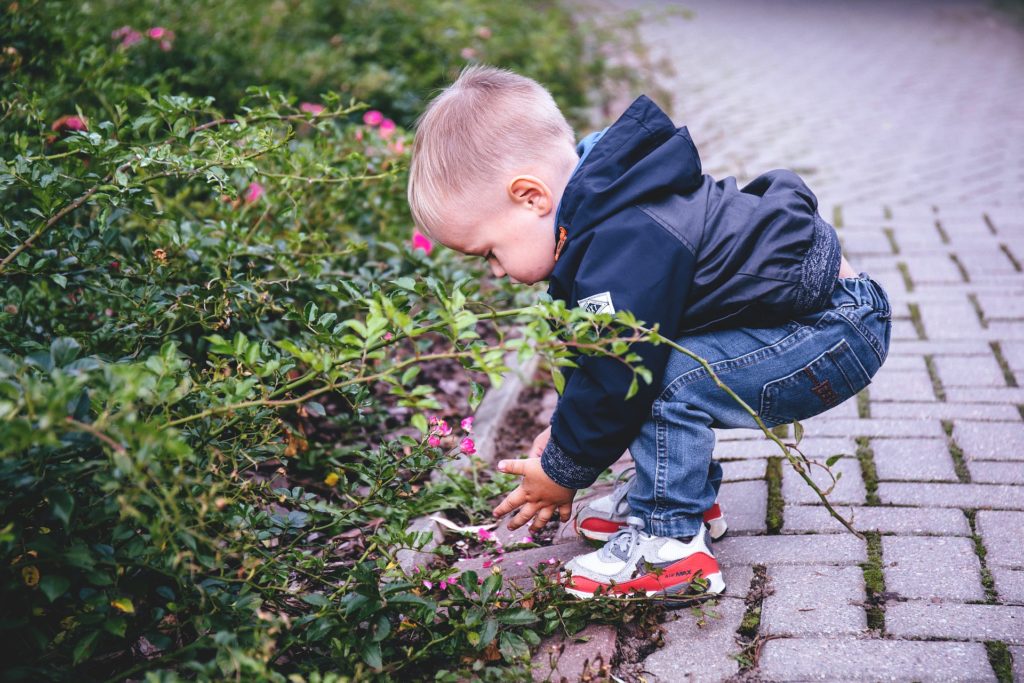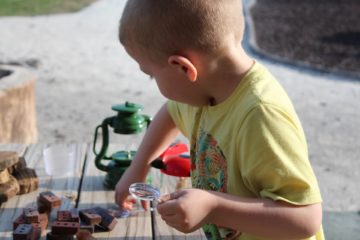When I reflect back on my experiences as a student in the classroom, the science instruction that I received wasn’t great. Most of our time was spent reading the science book, memorizing facts, and then trying to remember what I had read in order to fill in the blanks on the end of chapter exam.
Now we are in the age of information; all of the trivia-like science answers that I memorized can be accessed immediately through my pocket computer! Now it is not enough for students to remember and repeat facts, they must also be able to ask questions and search for new answers, they must be able to evaluate the soundness of others’ scientific endeavors, they must be able and to test ideas and think critically about the results. This process is sometimes referred to as “Inquiry-based learning”.

What is Science?
Before we dig a little deeper into the topic of inquiry, it will be helpful to define what we mean by ‘science’. Some people find it helpful to think of science in three ways:
- Science is a body of knowledge. As I was recalling in the story of my childhood science instruction, one aspect of science is a body of currently understood knowledge. This information is not static; it is constantly growing and changing when new discoveries are made. But there is more to science!
- Science is a way of thinking and trying to understand the world. Years ago, many things were considered unknowable or magical. It was believed that piles of rags could turn into baby mice or a piece of meat could turn into writhing maggots. Science allowed humans to go from ‘Oh well, guess we will never know!’, to ‘Hey, let’s try to find out!’
- Science is a process of discovery. Most of us are familiar with the Scientific Method. I always joke that in my high school classes I spent more time memorizing the method than I did applying it! This is the systematic approach to gathering data, asking questions, and testing ideas.

Inquiry in Early Childhood
In early childhood, we are providing foundational experiences through play and discovery for students to add to what they know about the world and how the world works; inquiry-based learning is going a little deeper. It’s definitely NOT flashcards and memorizing. It is creating skillfully mediated experiences that offer students the chance to explore new materials and phenomena and it is intentionally supporting science practices.
Some people like to refer to inquiry learning as “hands-on/minds-on.” It is making detailed observations, asking questions, recording data, reasoning and thinking critically about results, and asking even more questions.
Ideas for Getting Started
I have worked in the classroom, and I understand the challenges that teachers face. It is my belief that unless you have a small class size and the full support of administration, having a pure inquiry based practice is not practical; it requires a flexibility that is often not possible. But you can make small changes in practice that can support students in developing critical thinking and problem solving; 21st century skills that they will need to be successful!
- Practice identifying which ideas or questions can be tested. Practice spotting opportunities for inquiry. This takes practice, as most of the questions that students ask are not phrased in a way that are testable.
- Create an environment in which chances for inquiry might arise. Open-ended activities and explorations will lead to more opportunities for inquiry than science demonstrations that are strictly defined by step-by-step instructions.
- Create a culture of curiosity. The world is full of interesting objects and phenomena. Lean into the magic and wonder, and students will follow!
- Ask questions you don’t know the answer to. Students know that you know what color an insect is or how many legs it has. When you lean into curiosity and become more comfortable with not knowing the ‘right’ answer, you can ask authentic questions that inspire interest and engagement. Instead of feeling quizzed, students will know that you are entering into the search for answers together.
Science inquiry gives us chance to say, ‘Let’s find out!’. Follow Enchanted Science on Facebook for daily ideas.



0 Comments